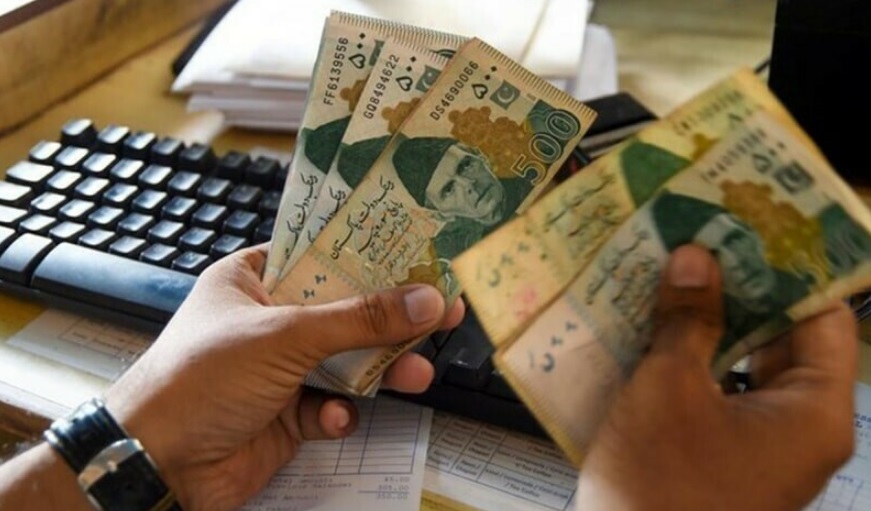
Pakistan’s Tax Exemptions Reach $21 Billion, Exceeding Debt Repayments: Economic Survey 2024-25
According to official data, the total cost of tax concessions surged to a record Rs 5.8 trillion, marking a Rs 1.96 trillion or 51 percent increase from the previous year’s Rs 3.9 trillion.
Pakistan incurred over USD 21 billion in tax exemptions during the ongoing fiscal year, a figure that surpasses the USD 17 billion the country is obligated to repay in commercial and bilateral external debt, according to the Economic Survey of Pakistan 2024-25 released Monday.
The survey, presented by Finance Minister Muhammad Aurangzeb, outlines key economic indicators for the fiscal year and highlights the growing cost of tax exemptions.
According to official data, the total cost of tax concessions surged to a record Rs 5.8 trillion, marking a Rs 1.96 trillion or 51 percent increase from the previous year’s Rs 3.9 trillion.
In dollar terms, the estimated USD 21 billion in tax revenue losses exceeds the debt payments due to China, Saudi Arabia, the UAE, and Kuwait.
Despite the Pakistan Muslim League-Nawaz (PML-N) government’s claim of removing several tax exemptions in its last budget, the overall tax expenditure continued to rise. The survey notes that many of these exemptions are embedded within three separate tax laws, which have historically protected various sectors from taxation.
Breakdown of Tax Exemptions:

Sales Tax Exemptions: Rs 4.3 trillion (up from Rs 2.9 trillion)
Income Tax Exemptions: Rs 801 billion (up from Rs 477 billion)
Customs Duty Exemptions: Rs 786 billion (up from Rs 543 billion)
The Federal Board of Revenue (FBR) attributed the sharp increase in exemptions to structural weaknesses in the tax system and a growing list of special treatments for different economic actors.
Significantly, the report observed that while salaried individuals have seen increased tax burdens, sectors such as retail, real estate, and traders continue to benefit from exemptions and reduced compliance requirements.
Economic analysts and officials have raised concerns over the credibility of past tax expenditure estimates. The report suggests the sharp spike may be due to the introduction of previously undisclosed or “hidden” exemptions, or an understatement of prior-year figures.
Furthermore, the survey noted that there was no substantial economic expansion during the year to justify the increase in tax concessions, raising questions about the effectiveness of fiscal reforms.
Despite repeated promises by successive governments to phase out tax expenditures, the figures continue to climb annually, further complicating Pakistan’s efforts to stabilize its economy and secure future financial assistance from international lenders.


